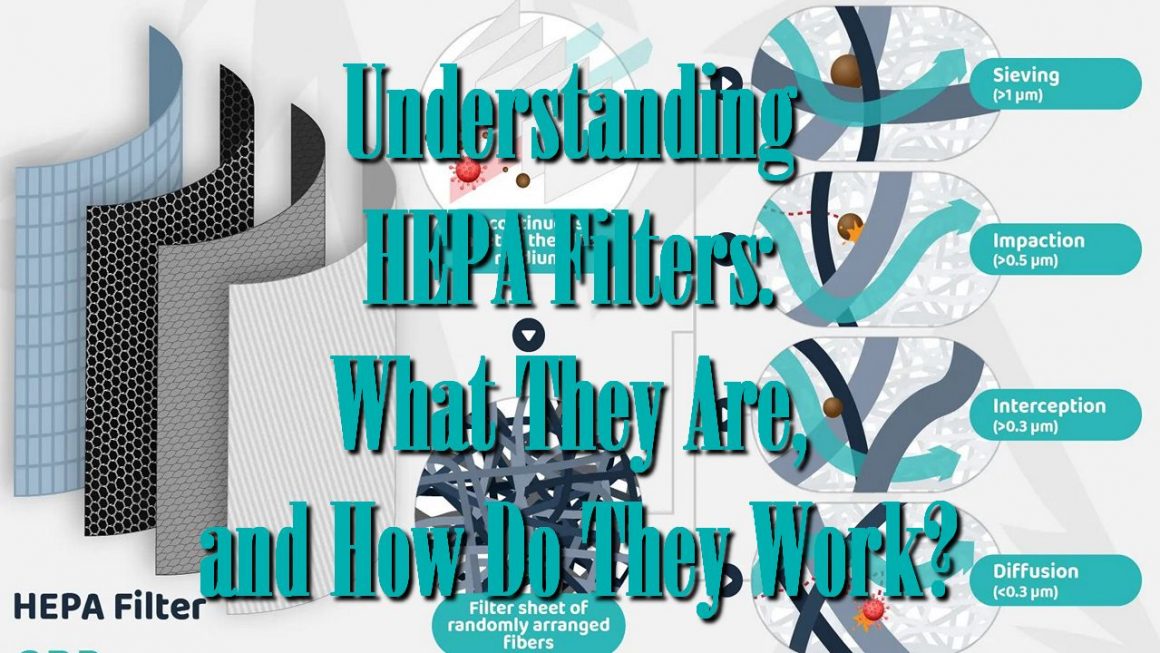Do you keep wondering what HEPA filters are after hearing that you need to purchase them? You’ll find out what they provide and how they work here.
What does HEPA stand for?
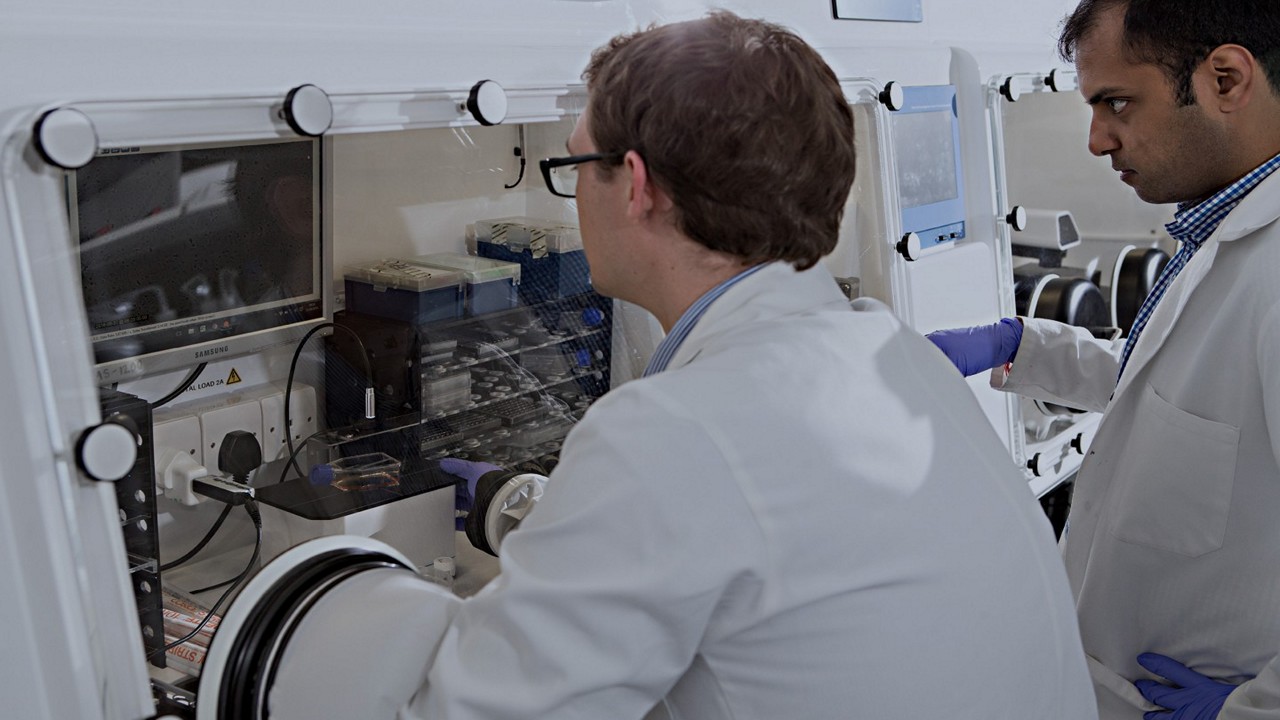 Symbols for abbreviations HEPA is an acronym for High-Efficiency Particulate Air, or High-Efficiency Particulate Absorbing filter.
Symbols for abbreviations HEPA is an acronym for High-Efficiency Particulate Air, or High-Efficiency Particulate Absorbing filter.
A HEPA air filter must comply with the HEPA standards. These filters are required to meet specified efficiency standards. Capturing particles, viruses, and microorganisms with diameters less than and greater than 0.3 μm, removing at least 99.95 percent to 99.97 percent contaminants from the air, and others are among these standards.
A HEPA air filter collects Staphylococcus epidermidis, Aspergillus niger, Bacillus subtilis, Penicillium citrinum, and many other bacteria. The filters can also capture floor dust containing Clostridia, Bacilli, and Bacteroidia contaminants.
What are HEPA Filters?
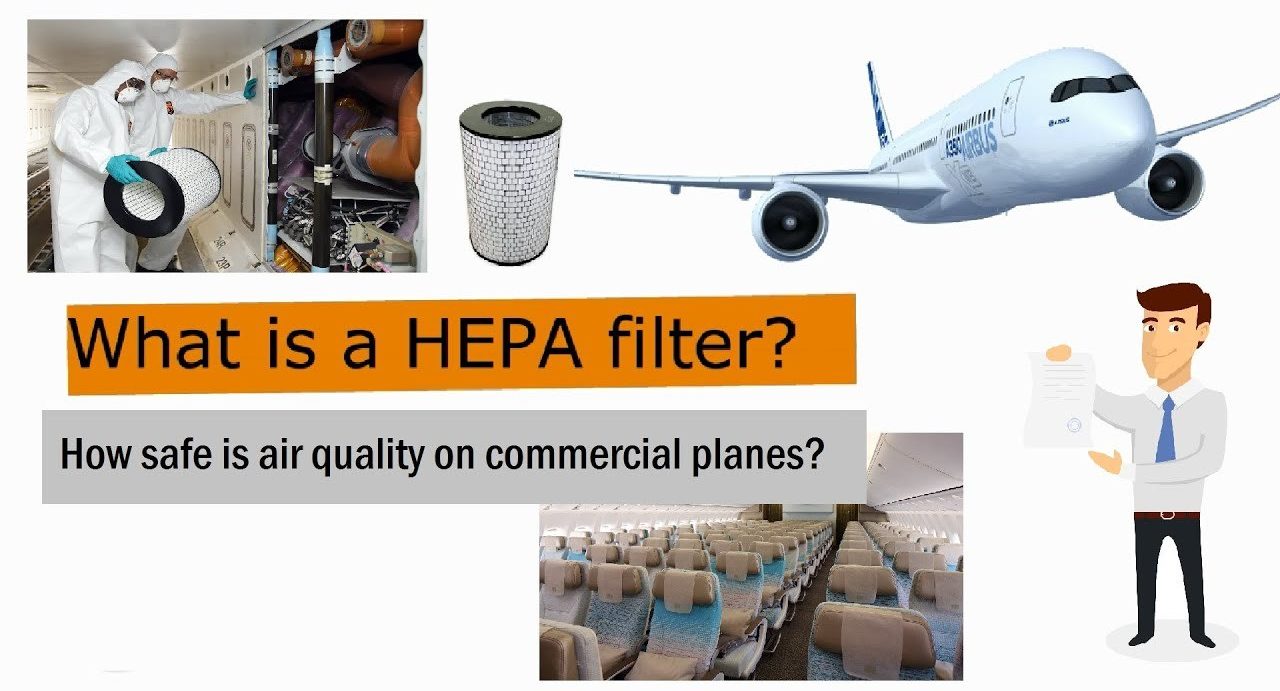
A HEPA filter is a compact, well-designed air filter capable of capturing over 99.5 percent of all particle pollutants. It’s a fine mesh mechanical filter composed of plastic or fiberglass that works as a filter. These portable filters are available at most air purifier stores.
The filters easily trap particles larger than 0.3 microns (µm). A hole in the air filtering mesh has a diameter of around 0.3 microns. Smaller particles can pass through, but they can also be caught using a variety of techniques.
How Do HEPA Filters Work
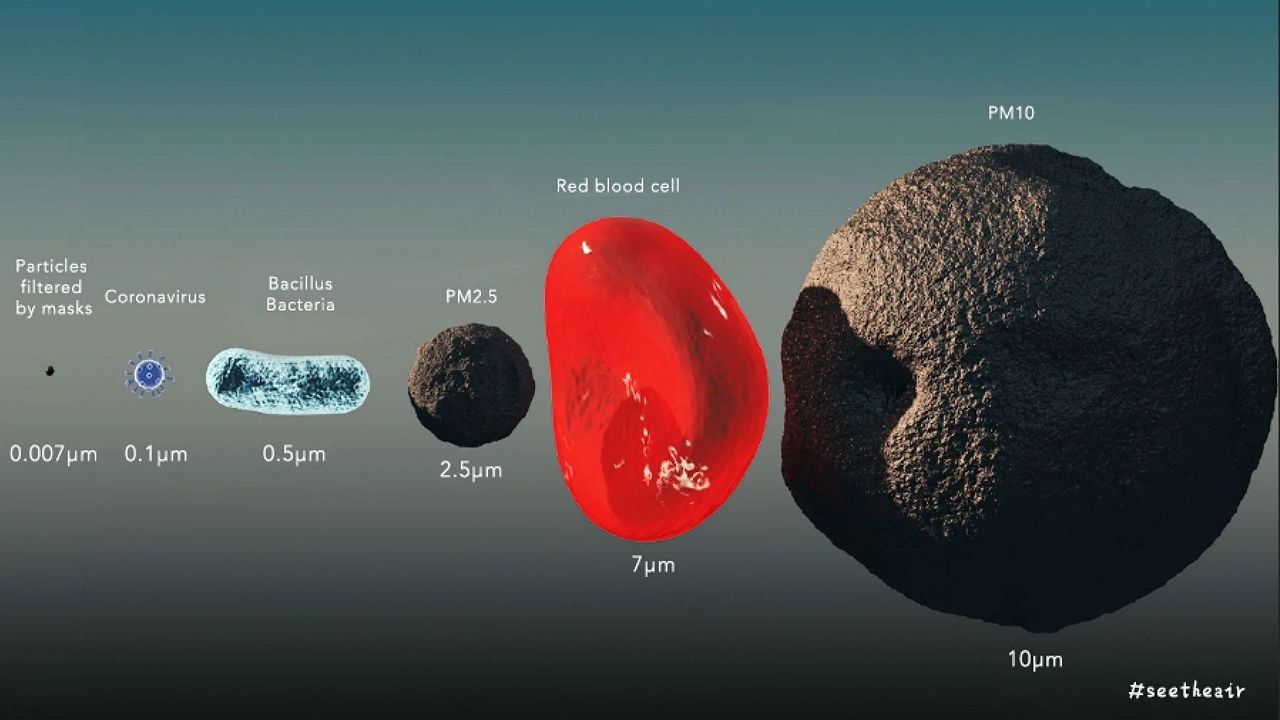
These filters catch hazardous tiny particles in the air and filter them out. Dust mites, pollen, mold, and pet dander, among other pollutants, are filtered out. A HEPA filter will not be able to capture odors or gas molecules.
This type of filter traps the larger particles while allowing the smaller ones to pass through. Diffusion traps microscopic particles. Smaller contaminants collide with gas molecules, causing them to adhere to fibers.
The fiber’s holes are too small for the big particles to get through. Some particles can travel through the mesh holes, but they are intercepted and stuck. Electrostatic attraction is also a process that collects contaminants from the air.
What is the Purpose of a HEPA Filter?
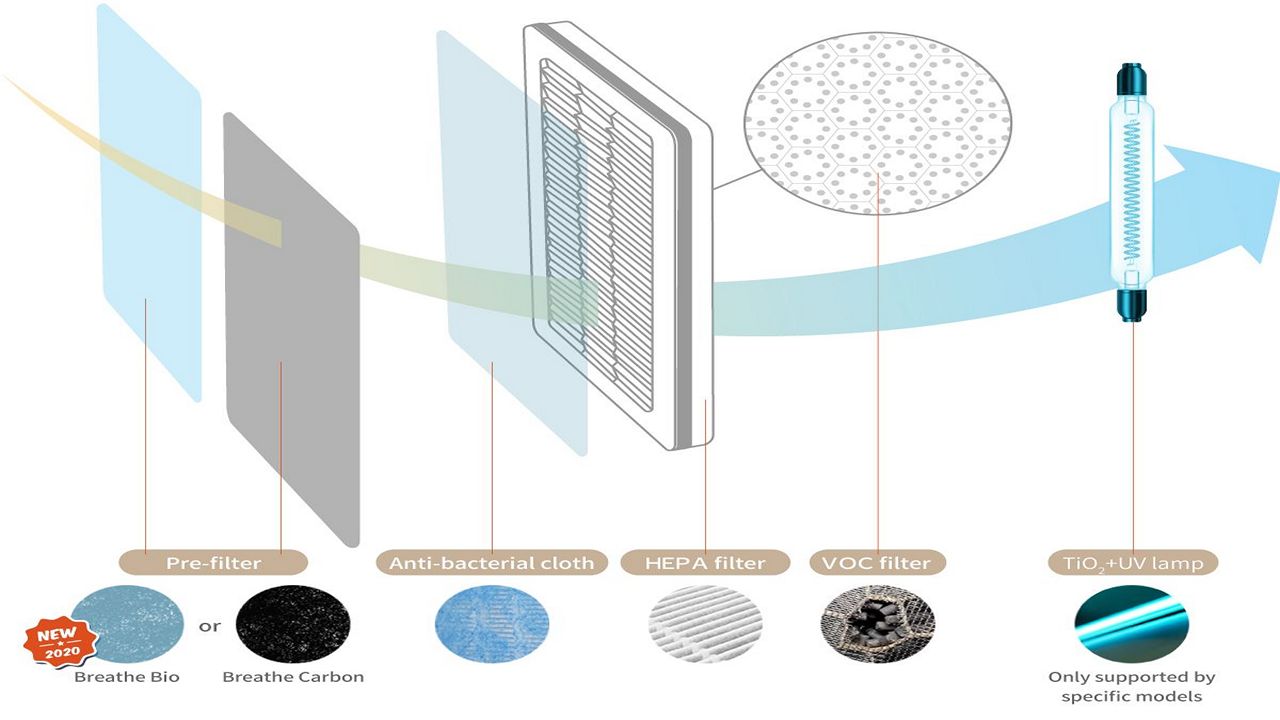
Asthmatics and those with severe allergies can benefit from HEPA filtration to avoid different illnesses. Bacteria and allergies, which can be dangerous to such people, are among the particles caught by HEPA filters.
To assess the level of pollutants in our surroundings, we can utilize home tests and air quality monitoring. They assist in determining the sort of air contaminants we need to control and the appropriate HEPA filters to use.
Even if one does not have allergies, it is critical to avoid inhaling harmful air components.
Final Thoughts
Situations such as kitchen or forest fire smoke, water leakage, and high volatile chemicals release require HEPA air filters. Air filtration will keep you and the people around you safe.
Certain conditions produce many harmful particles. Everyone who requires a clean room environment at all times should carry portable air filters.
HEPA air filters are essential in homes, businesses, restaurants, churches, and other areas where people congregate. We can take care of ourselves, our loved ones, and our clients by using the filters.

